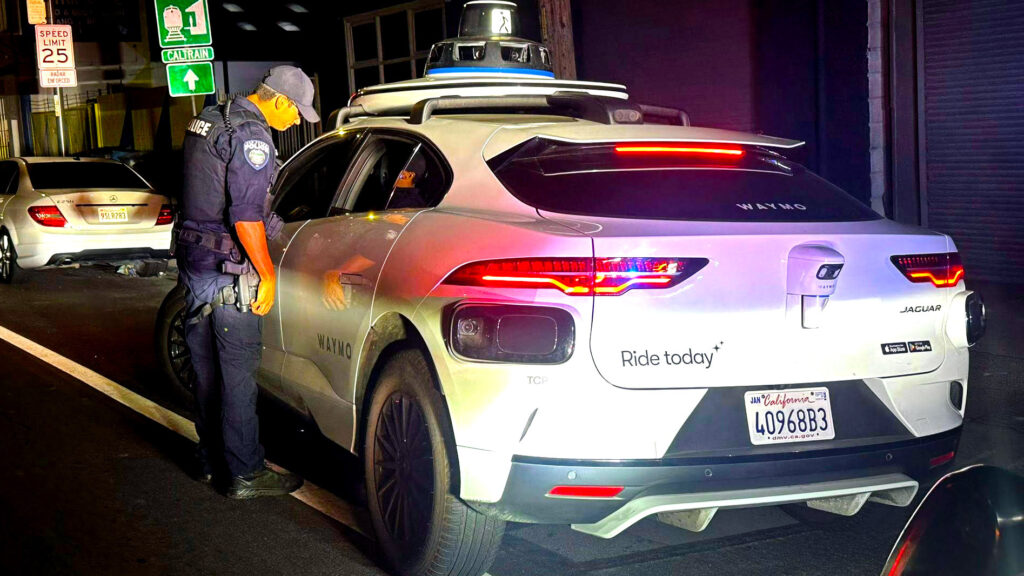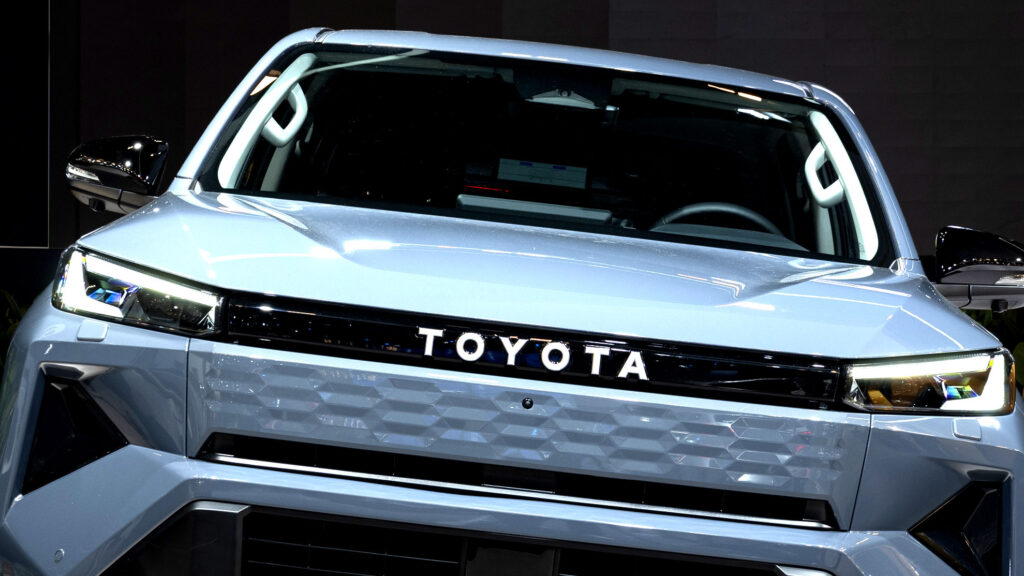The recent encounter between San Bruno police and a driverless Waymo vehicle underscores a significant gap in current traffic enforcement laws. During a DUI checkpoint, officers observed the autonomous car executing an illegal U-turn, only to discover that California law prohibits them from issuing citations to vehicles without a human driver. This incident not only highlights the challenges law enforcement faces as autonomous vehicles proliferate on public roads but also raises questions about accountability and regulation in a rapidly evolving technological landscape. The humorous response from the police department, noting their citation books lack a category for "robot," reflects the absurdity of the situation while emphasizing the need for legal frameworks to adapt to these advancements.
As autonomous vehicles become increasingly integrated into urban environments, the implications of this incident extend beyond mere enforcement challenges. The inability to ticket driverless cars for infractions, as seen in San Bruno and reported in San Francisco, points to a broader regulatory issue that federal authorities are now investigating. With new rules set to take effect in July 2026, which will allow police to ticket autonomous vehicle companies, there is a clear path toward establishing accountability. This evolution in regulation is essential not only for ensuring public safety but also for fostering trust in the technology that is reshaping transportation. The proactive engagement of companies like Waymo with law enforcement to rectify operational glitches is a positive step, yet it highlights the urgent need for comprehensive policies that address the complexities of autonomous vehicle operation on public roads.









